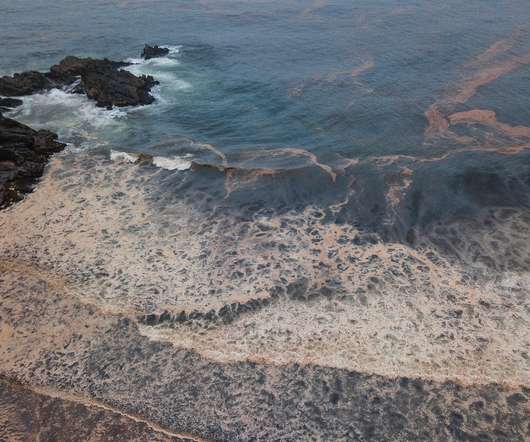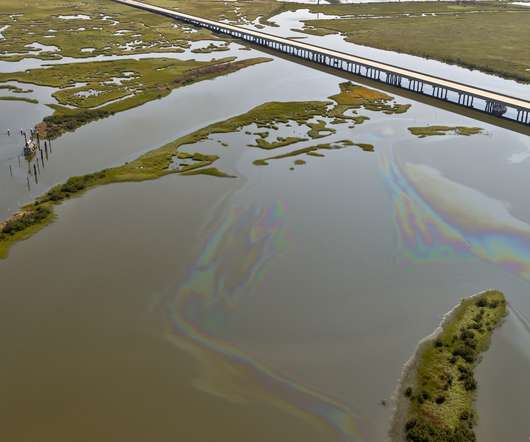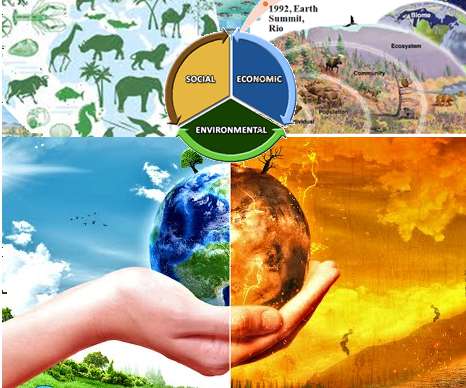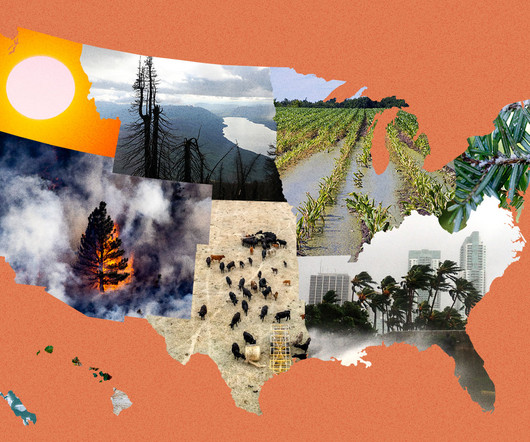Ocean oil pollution is growing — and not from oil spills
Grist
SEPTEMBER 30, 2022
A report released Wednesday gives that distinction to fossil fuel runoff from highways, parking lots, and other land-based infrastructure, mostly transportation related. The report was co-sponsored by the American Petroleum Institute, a fossil fuel industry trade group, in addition to federal agencies from the U.S.















Let's personalize your content